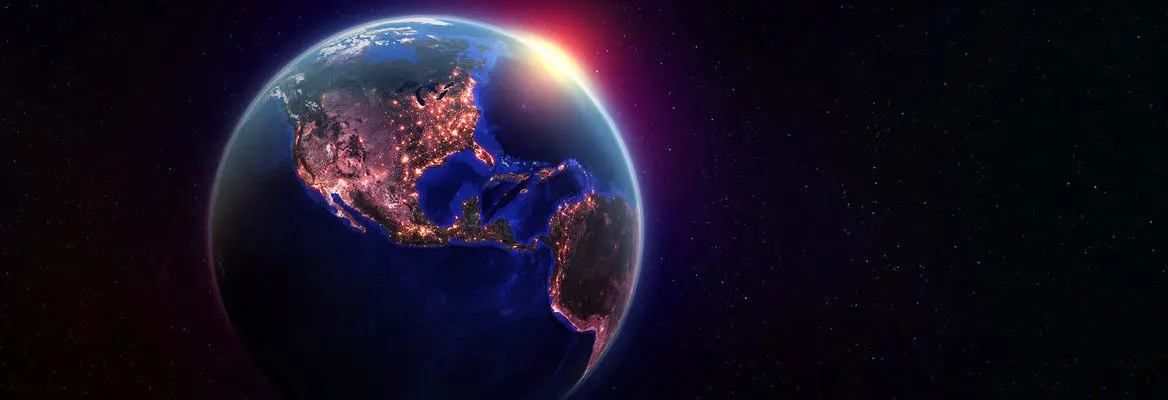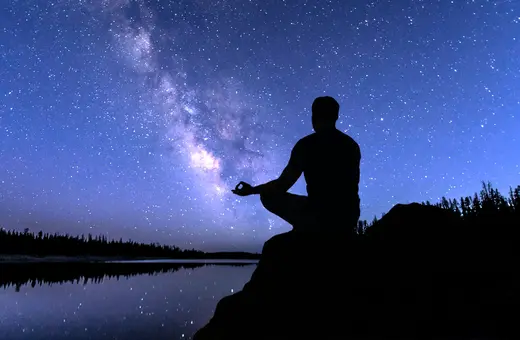For this year’s World Philosophy Day, we asked eight philosophers how 2020 has changed their minds. With more time for imagination and introspection than ever before, what have these philosophers been thinking and what have they realised?
Their answers throw up some subtle, surprising ideas. From Sabine Hossenfelder watching philosophy of science enter the center-stage to Massimo Pigliucci stoically drinking apperitivos on Zoom, these philosophers give us new ways to think about this unexpected year.
Amidst the medical crisis, Neil Levy found a green upside: if we can follow the science to fight Covid-19, we can do the same for climate change. Meanwhile Hilary Lawson despaired at our inability to read data and Steve Fuller realized that education and democracy don’t mix. Finding an authoritarian streak, Graham Harman wondered if some ‘Asian-style’ freedom would make the partying youth fall into line.
There were also more ponderous lines: On masks, Dermot Moran mused over Emmanuel Levinas’ claim that the human face is the primary ethical demand, turning this idea on its head. And, perhaps the most introspective, John Milbank recognized the web of his identity and planed joyful path, like a bee. From high politics to minute personal experience, these are deeper ways to understand the upheavals in our lives.
Massimo Pigliucci
I must admit that, contra the prompt for this series of commentaries, the covid 2020 experience has confirmed a number of philosophical and scientific ideas I already had. And spectacularly so.
As a Stoic practitioner, I take to heart the dichotomy of control: some things are up to me, others are not. And a good life results from focusing my attention and efforts on the first category while developing an attitude of equanimity about the second one. For instance: during the pandemic I can no longer do one of my favorite things: invite friends over for dinner, drinks, and conversation. But it is in my power to organize an alternative: zoom aperitivos! Aperitivo is the Italian word for happy hour, and so my wife and I regularly invite some close friends to share food and drinks — online — while engaging in some stimulating conversation. Reflecting on the dichotomy of control has done wonders to reduce my anxiety and frustration.
As a scientist, I have known for a long time that many people — including well educated and intelligent ones — believe weirds things despite all the evidence to the contrary. Sure enough, the pandemic has dramatically confirmed this notion, with fellow human beings endorsing all sorts of conspiracy theories and refusing to acknowledge the reality of the pandemic, or the effectiveness of simple remedies like social distancing, masks, and hand washing. I have also found ample confirmation that it is utterly useless to argue in these situations, as sad as it is, and despite the very real consequences that derive from such attitudes.
Sabine Hossenfelder















Join the conversation